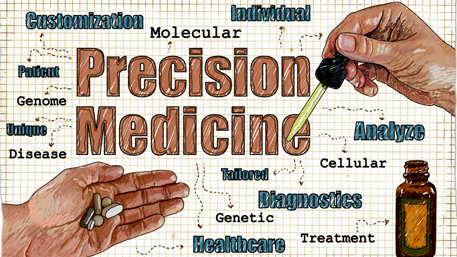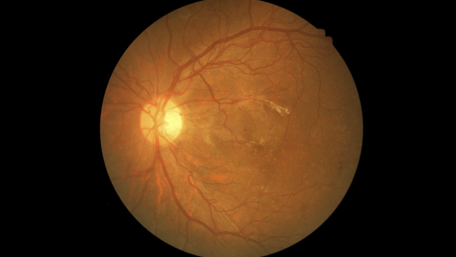
09/22/2020
Hot Topics of the Day are picked by experts to capture the latest information and publications on public health genomics and precision health for various diseases and health topics. Sources include published scientific literature, reviews, blogs and popular press articles.
Sign up MyPHGKB to receive the daily hot topic email alert.
Archived Hot Topics of the Day By Date
Genome Sequencing as a Diagnostic Test in Children With Unexplained Medical Complexity
G Costain et al, JAMA Network Open, September 22, 2020
Tracking COVID-19 with wastewater
DA Larsen et al, Nature Biotechnology, September 21, 2020
Uncovering clinical risk factors and prediction of severe COVID-19: A machine learning approach based on UK Biobank data
KCY Wong et al, MEDRXIV, September 22, 2020
COVID-19 likely spreading from people to animals—and vice versa
CIDRAP, September 18, 2020
WHO Digital Health Guidelines: a milestone for global health
A Labrique et al, NPJ Digital Medicine, September 18, 2020
Enabling precision rehabilitation interventions using wearable sensors and machine learning to track motor recovery
CA Dester et al, NPJ Digital Medicine, September 21, 2020
Development and clinical deployment of a smartphone-based visual field deep learning system for glaucoma detection
F Li et al, NPJ Digital Medicine, September 22, 2020
Efficacy of Smartphone Applications for Smoking Cessation
A Randomized Clinical Trial
JB Bricker et al, JAMA Internal Medicine, September 21, 2020
STrengthening the Reporting Of Pharmacogenetic Studies: Development of the STROPS guideline.
Chaplin Marty et al. PLoS medicine 2020 Sep 17(9) e1003344
Disclaimer: Articles listed in Hot Topics of the Day are selected by Public Health Genomics Branch to provide current awareness of the scientific literature and news. Inclusion in the update does not necessarily represent the views of the Centers for Disease Control and Prevention nor does it imply endorsement of the article's methods or findings. CDC and DHHS assume no responsibility for the factual accuracy of the items presented. The selection, omission, or content of items does not imply any endorsement or other position taken by CDC or DHHS. Opinion, findings and conclusions expressed by the original authors of items included in the Clips, or persons quoted therein, are strictly their own and are in no way meant to represent the opinion or views of CDC or DHHS. References to publications, news sources, and non-CDC Websites are provided solely for informational purposes and do not imply endorsement by CDC or DHHS.
- Page last reviewed:Feb 1, 2024
- Page last updated:May 01, 2024
- Content source:








